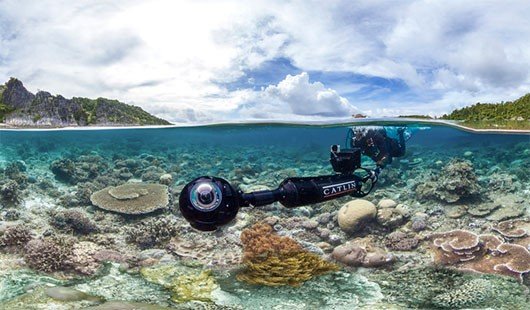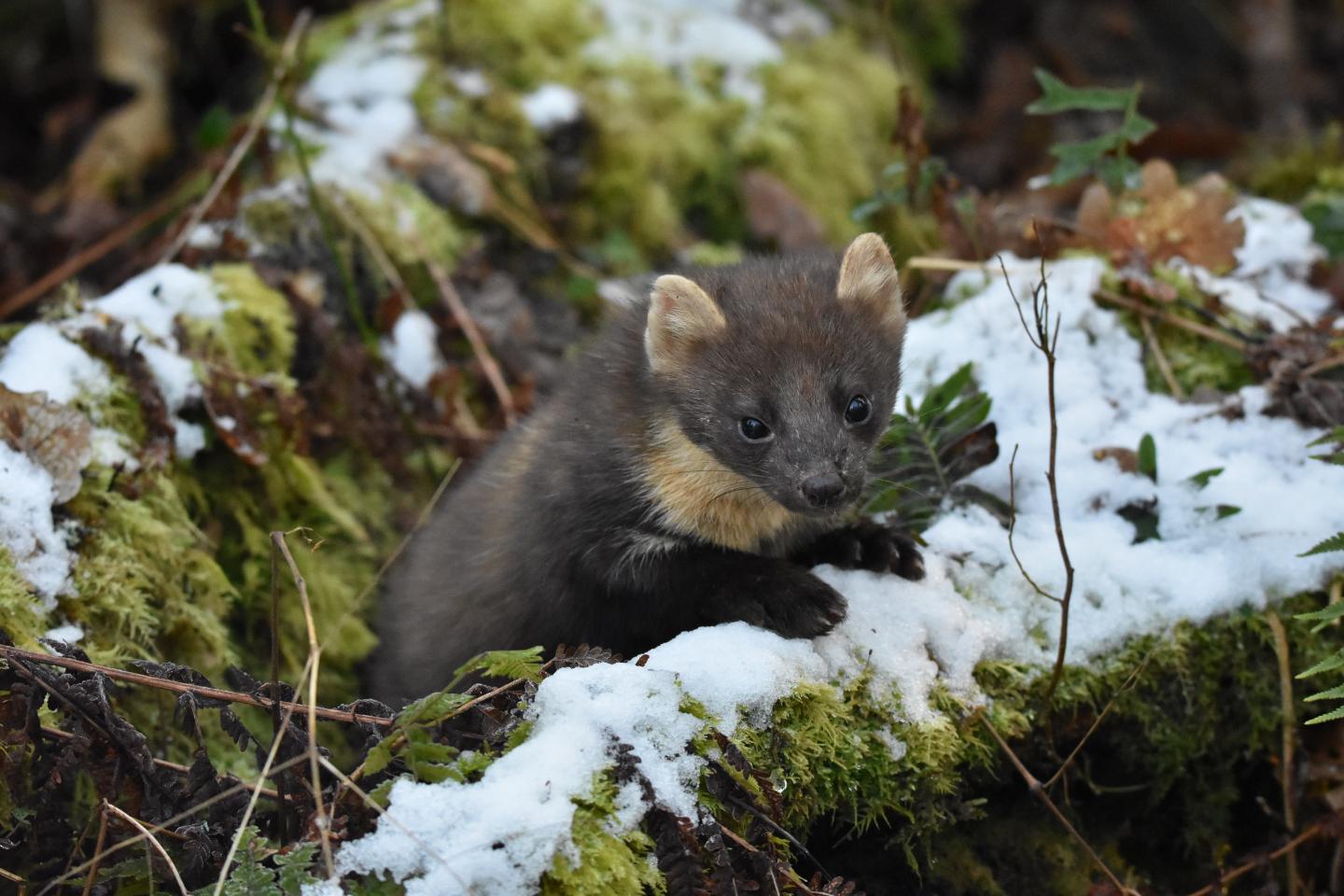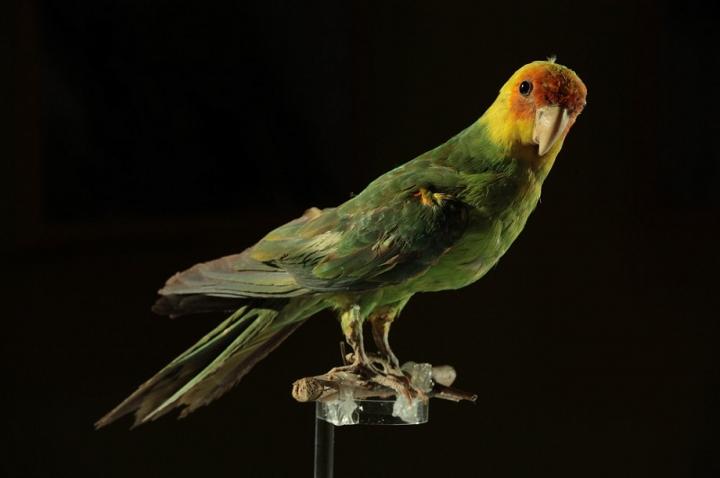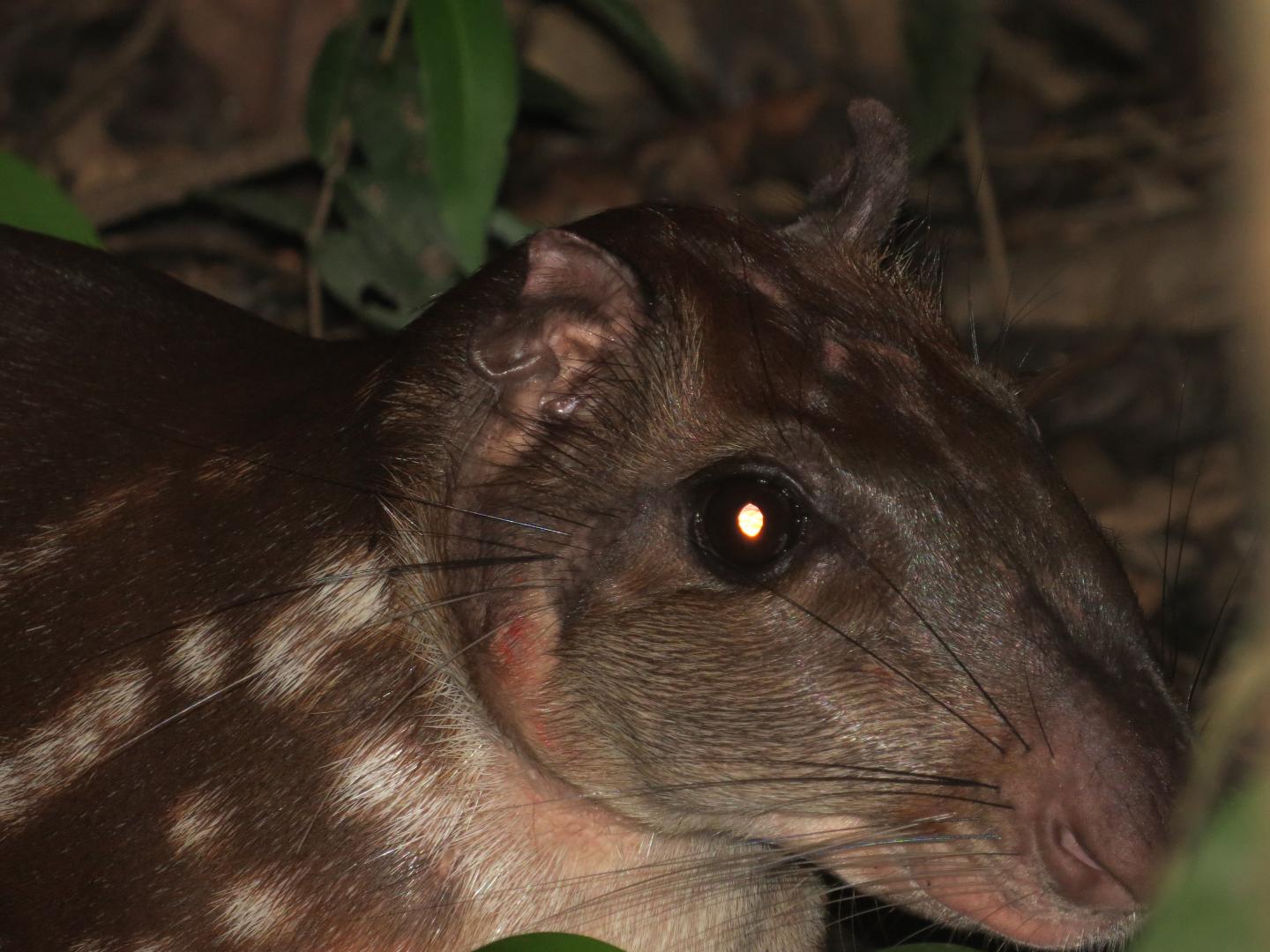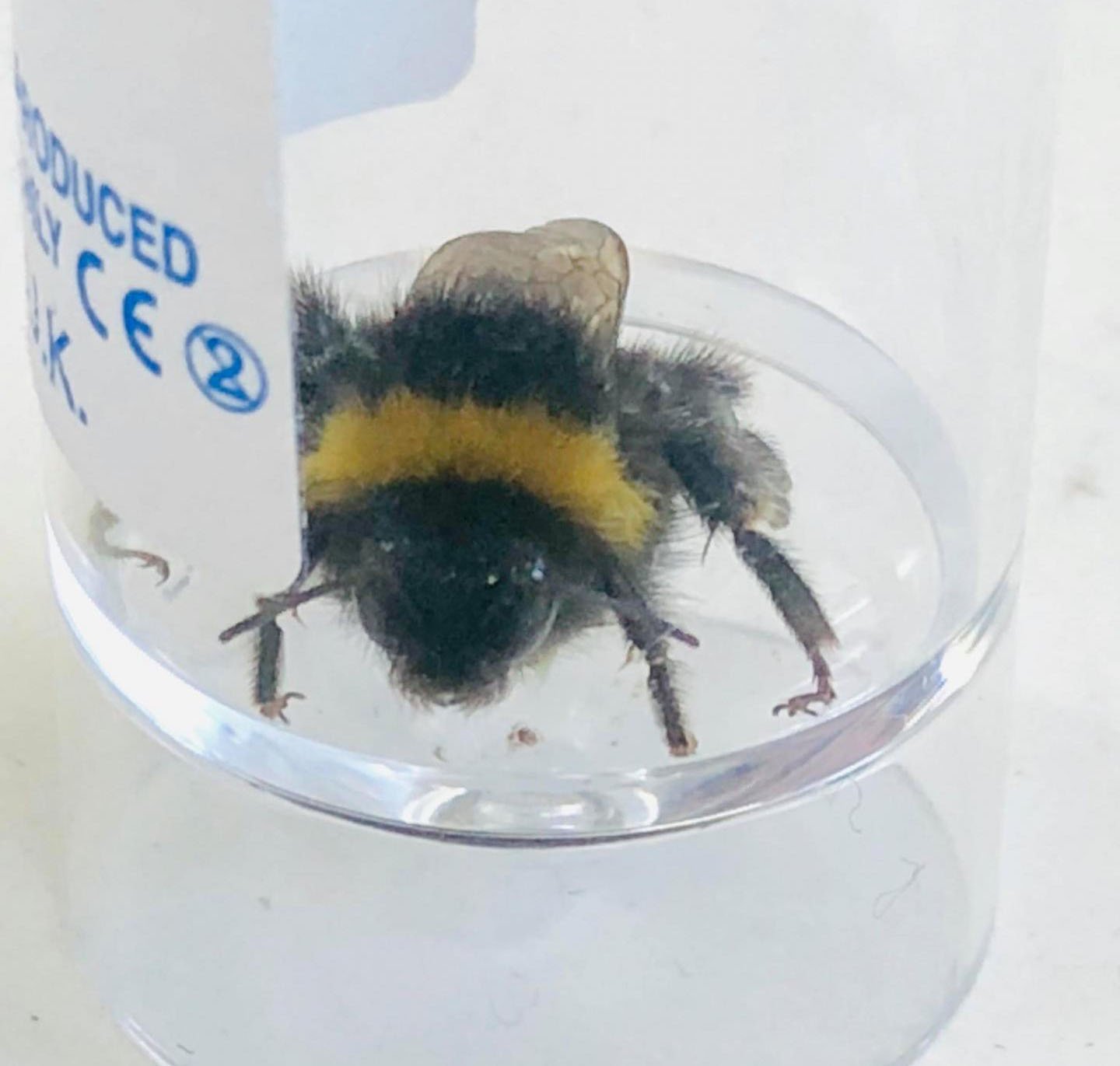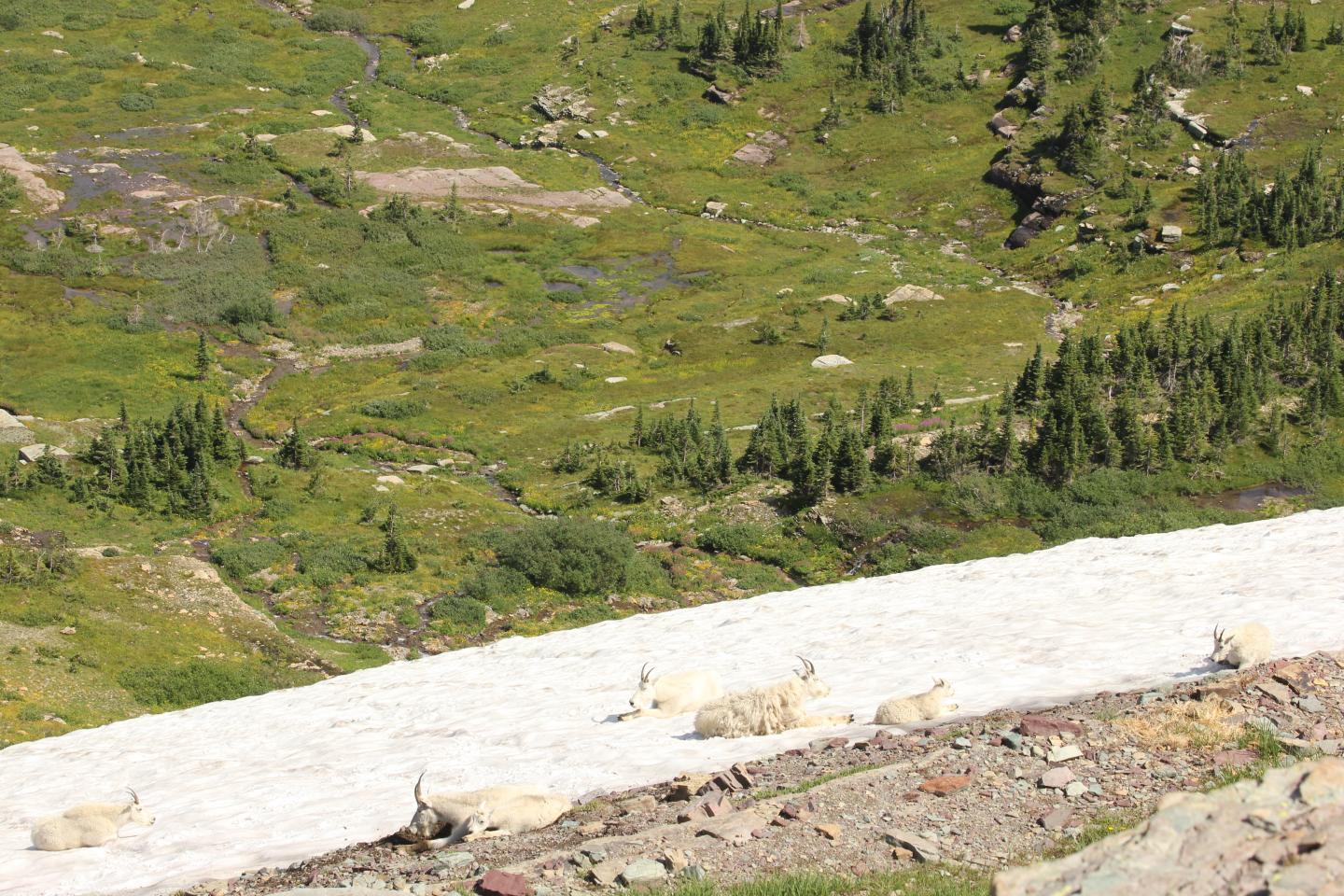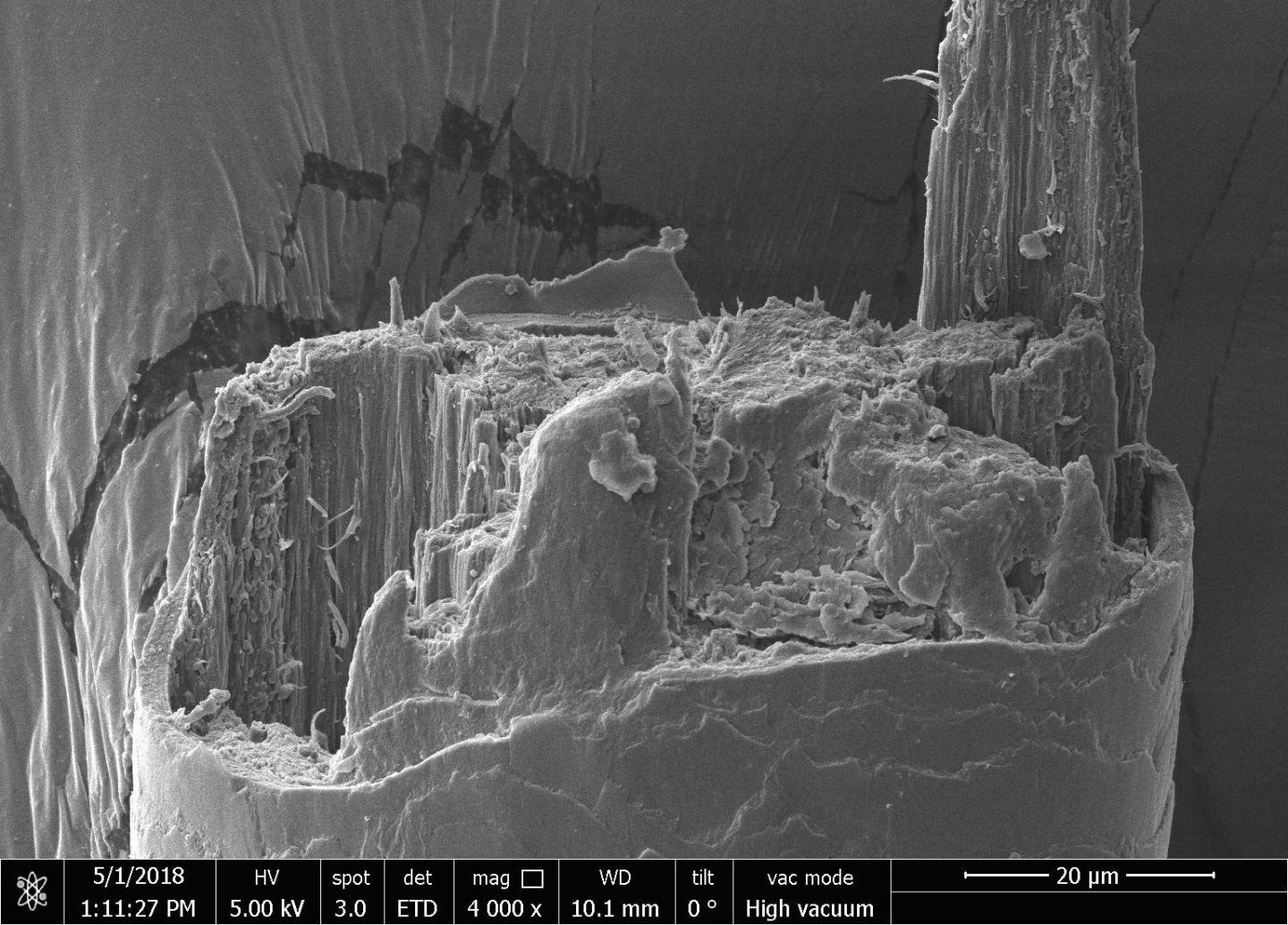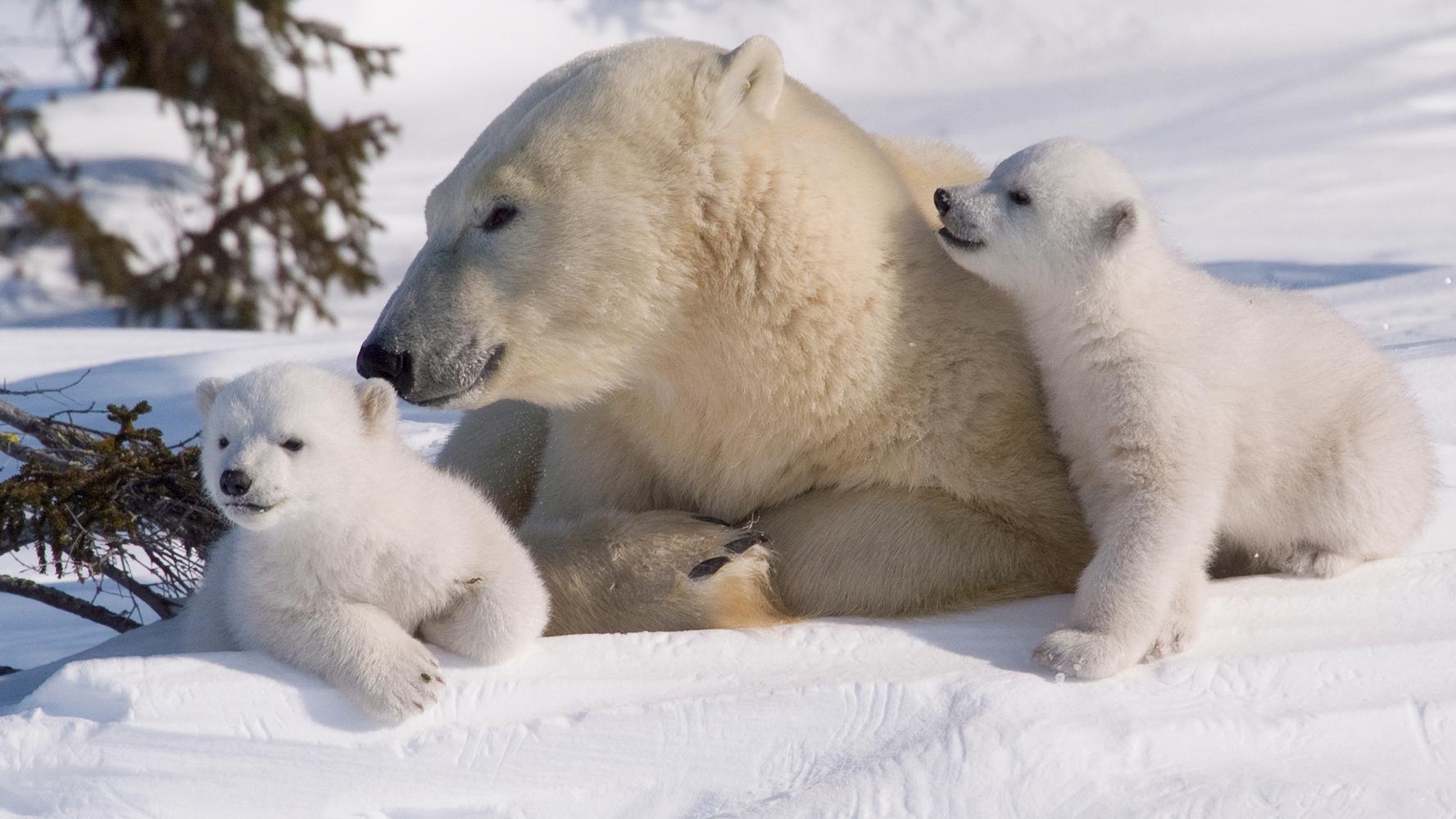A million reasons to visit the world’s coral reefs
More than one million high-resolution images from 860 of the world’s coral reefs have been made available to scientists by The University of Queensland and ocean conservation non-profit, Underwater Earth. Project leader UQ’s Professor Ove Hoegh-Guldberg said the research and images were integral to better protecting the world’s reefs. “Coral reefs provide food and livelihoods … Read more
